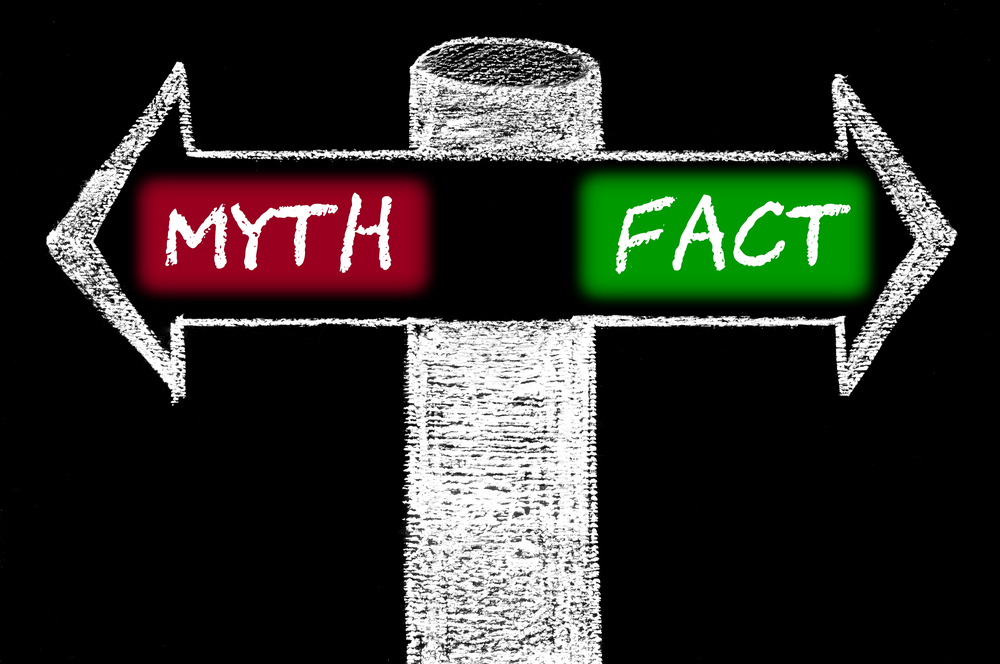Myths and Misconceptions About Drug Abuse and Addiction
Drug abuse and addiction are complex subjects that are often misunderstood by the general public. This misunderstanding breeds myths and misconceptions that can hinder efforts to combat the opioid crisis, hinder recovery, and perpetuate stigma. Let’s debunk 10 myths about drug abuse and addiction to clear the air.
Myth: Addiction is a sign of moral failure or lack of willpower.
Truth: Addiction is a complex brain disease. Prolonged drug use alters the brain’s chemistry, affecting an individual’s ability to resist intense cravings. It’s not about willpower – the structural and chemical changes in the brain make it challenging to quit without medical assistance.
Myth: All drug users will eventually become addicts.
Truth: While drug use always carries risks, not every user will develop an addiction. Numerous factors contribute to addiction vulnerability, including genetics, mental health, environment, and the nature of drug use.
Myth: Prescription medications are safe since a doctor prescribes them.
Truth: Prescription medications, when misused, can be as harmful as illicit drugs. Opioid painkillers, for instance, can be highly addictive and lead to overdose if taken outside of medical guidance.
Myth: People with addiction should hit “rock bottom” before they can recover.
Truth: Waiting for a “rock bottom” moment can be dangerous, even fatal. Early intervention often leads to better outcomes. The idea of needing a tragic event to inspire recovery can delay treatment and exacerbate health risks.
Myth: You can’t force someone into treatment; they have to want help.
Truth: While voluntary treatment is ideal, many individuals enter treatment due to pressure from loved ones, the legal system, or employers – and they can achieve successful outcomes. Sometimes, external motivation can lead to internal commitment.
Myth: Drug addiction is mainly an urban problem.
Truth: Drug addiction affects urban, suburban, and rural areas alike. The opioid epidemic, in particular, has devastated many rural communities, showcasing that addiction knows no geographical boundaries.
Myth: Relapse means the treatment has failed.
Truth: Recovery is a long journey, and relapses can be part of the process. Rather than signaling treatment failure, relapse underscores the need for continued support and possibly adjustment in the treatment approach.
Myth: Rehab “cures” addiction.
Truth: Addiction is a chronic disease, much like diabetes or hypertension. While rehab can be a pivotal step in recovery, ongoing support and maintenance are often necessary. Viewing rehab as a one-off “cure” can set unrealistic expectations.
Myth: All treatments are the same and what works for one person should work for everyone.
Truth: Addiction is personal, and what works for one individual may not work for another. Successful treatment often requires a combination of therapies tailored to an individual’s needs, drug use history, and coexisting mental health disorders.
Myth: Drug addiction is a choice.
Truth: No one chooses to become addicted. While the initial decision to use drugs may be voluntary, repeated drug use can lead to brain changes that diminish self-control and hamper the ability to resist intense urges to use drugs.
Conclusion
Understanding drug abuse and addiction is critical to fostering empathy, promoting effective treatments, and combating stigma. By debunking these myths and misconceptions, we can collectively create an environment conducive to recovery and support. Remember, knowledge is power. Educating ourselves and others can make a significant difference in how we approach, understand, and help those grappling with addiction.
Start conversations, share reliable information, and be a source of support for those who may be struggling. Advocate for policies that prioritize treatment over punishment and contribute to the dismantling of stigmas surrounding addiction.
Fostering a community that values empathy and recognizes the humanity in every individual affected by drug abuse. Together, we can break down barriers, challenge stereotypes, and create an environment where seeking help for addiction is met with understanding, not judgment.
Let this be a call to action for us all: a call to dismantle the myths, challenge the misconceptions, and work collaboratively towards a society that prioritizes compassion, treatment, and healing in the face of drug abuse and addiction. The journey to dispelling myths begins with each of us, and together, we can contribute to a more informed, supportive, and inclusive future.
Read more FAQ’s here.


